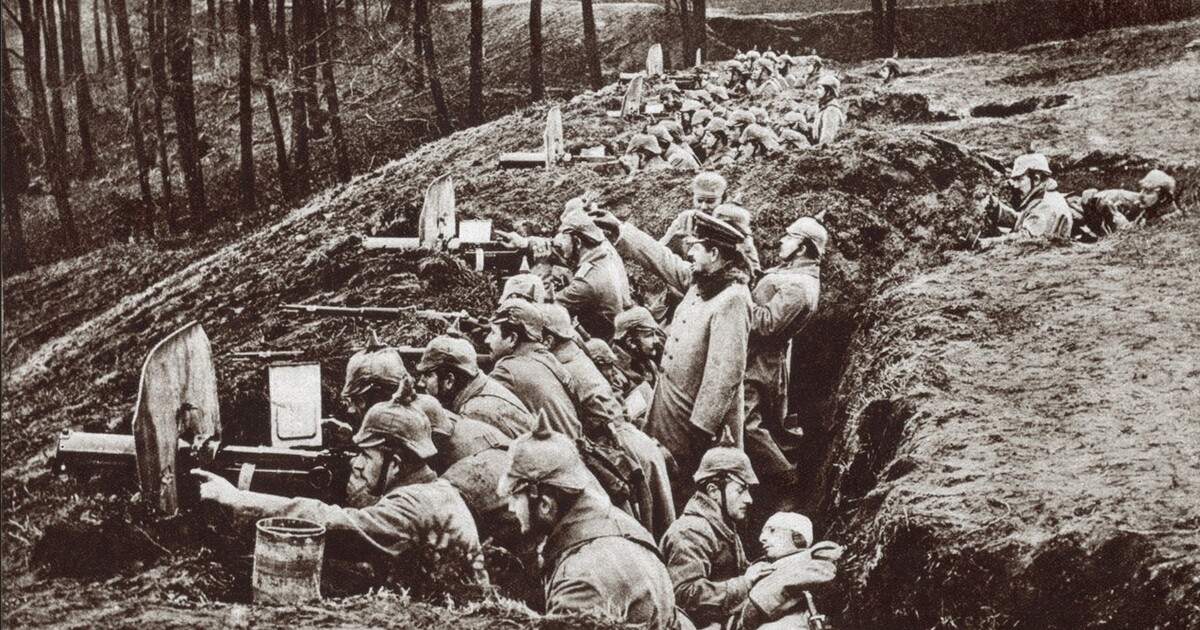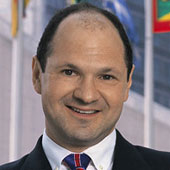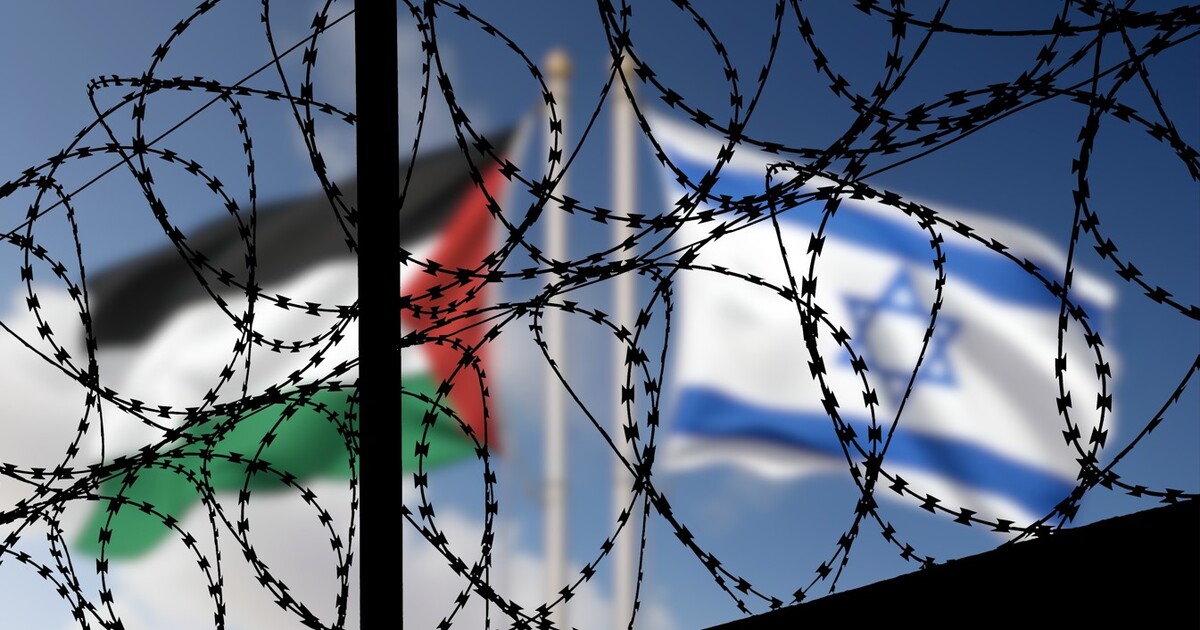Putin Ignores the Lessons of World War I for Today’s Russia
Just like the German Kaiser in 1918, Putin may face a full-scale rebellion by the people whom he has dragged into a totally unnecessary, stupid and bloody war.
August 8, 2025

A Strategic Assessment Memo (SAM) from the Global Ideas Center
You may quote from this text, provided you mention the name of the author and reference it as a new Strategic Assessment Memo (SAM) published by the Global Ideas Center in Berlin on The Globalist.
Could it be that Vladimir Putin, the former Soviet foreign intelligence officer who was once stationed in Dresden and is reportedly fluent in German, has failed to draw the key lessons from German history as far as Russia is concerned?
That would of course be unforgivable, given his presumed expertise on matters German and his simultaneous fixation on Russian history and maximizing the power of contemporary Russia.
And yet, this is exactly what is happening. In particular, Putin is ignoring the clear parallels between the German defeat in World War I and his own situation in Ukraine.
Two stupid moves, to the detriment of Russia – then and now
Since Russia started a full-scale invasion in February 2022, parallels between the war in Ukraine and World War I have been accumulating. Though subsequently called the Imperialist War in Russia, the 1914-1918 European conflagration was actually a stupid war, fought over literally nothing.
Similarly, most people had not expected Putin to invade Ukraine until the last minute — precisely because it was such a stupid move.
“Home by Christmas”…
When World War I started in July 1914, soldiers on both sides expected to be home by Christmas. Similarly, not only Putin, but Ukraine’s allies in the West were convinced in 2022 that Kyiv would capitulate in a matter of weeks, if not days.
Instead, after initial advances and retreats both conflicts sank into trench warfare, featuring head-on attacks in which gains of a few square meters were paid for by massive casualties.
World War I lasted four years and four months. The war in Ukraine will match this mark next June.
Do not fool yourself: Seeming triumphs…
Four years into World War I, military and diplomatic fortune seemed to smile on Germany. In late 1917, its Austrian allies dealt a massive blow to Italy. It decisively defeated Italian forces at Caporetto, inflicting hundreds of thousands of casualties and effectively knocking Italy out of the war.
In the east at the same time, Germany’s gamble of allowing Vladimir Lenin to travel from Switzerland to Saint Petersburg paid off when his Bolsheviks took power in Russia. They concluded the Treaty of Brest-Litovsk, which left Germany in control of Poland, the Baltics and parts of Ukraine.
… led to surrender
And yet a year later, with German armies still entrenched in France and Belgium and no foreign troops occupying any part of its territory, Germany surrendered.
Almost immediately, right-wingers in Germany and future Nazi party supporters began to talk darkly about “a stab in the back.” That was code for the presumed betrayal by politicians and Jews who supposedly sold-out Germany to the Allies.
Imperial Germany exhausted – economically, militarily and morally
But the truth was that Imperial Germany was exhausted economically, militarily and morally. In mid-1918, the Germans attempted their last desperate attack, known as the Second Battle of the Marne.
Once that failed, it simply had no reserves to continue fighting, especially as fresh American troops began arriving in Europe.
Today’s Russia of course is far larger than Imperial Germany, with a population of around 140 million. Ukraine, on the other hand, has only around 30-35 million people, given that many Ukrainians are under occupation or refugees abroad.
There is no comparison with how many soldiers the Allied Powers, which included the vast British and French Empires and the United States, could potentially field against the Germans in World War I.
A changing tide
However, while Ukraine’s industrial base has always been weak and economy has been severely damaged by the war, it now has the support of all the World War I Allies plus Germany.
True, Ukraine’s Western backers were supplying it with armaments very cautiously at first, denying it offensive weapons and even banning the use of defensive weapons for strikes on Russian territory for fear of provoking a larger war.
It also took Ukraine’s allies a long time to get their act together and scale up arms production. And the United States’ position has been ambiguous, especially since the election of Donald Trump.
Now, however, the flow of arms has increased and now even Trump is showing signs of backing Ukraine. Even more important, Ukraine is developing its own arms production in cooperation with the world’s leading manufacturers.
Russia’s Achilles heel
Russia’s economy, on the other hand, has never been formidable and it has been weakened by sanctions as well as by massive indigenous corruption and incompetence.
The country’s industrial and energy infrastructure in the better developed Western regions is being systematically attacked by Ukrainian drones, while sanctions make it impossible to build new plants further east. Russia has had to rely on such industrial “powers” as Iran and North Korea to supply it with weapons.
Even before these latest developments, Ukraine has been able to fight Russia to a standstill and even to stage several successful counteroffensives. It has regained substantial lost territories and liberated Kherson, a major city.
Now, however, while Russia is getting exhausted, Ukraine is acquiring better, more technologically advanced weapons and putting highly trained, battle-hardened troops into the field.
Putin continues to send his soldiers into senseless and bloody “meat grinder attacks,” suffering casualties of one thousand and more per day and gaining a few meters of Ukrainian territory here and there.
Meanwhile, the morale of his military continues to deteriorate, and his economy continues to rot below the surface.
Too exhausted to continue fighting
Just as Kaiser Wilhelm before him, Putin may soon find that Russia is too exhausted to continue fighting. And, like the Kaiser, he may have to sue for peace in the face of an inevitable retreat.
And, just like the Kaiser, who was Germany’s last emperor, Putin may face a full-scale rebellion by the people whom he has dragged into a totally unnecessary, stupid and bloody war.
Or so the civilized world hopes.
Takeaways
Just as the 1914 to 1918 European conflagration, subsequently called the "Imperialist War" in Russia, a stupid war fought over literally nothing, Putin’s invasion of Ukraine was a stupid move.
Both in World War I and in Ukraine now, after initial advances and retreats, the conflicts sank into trench warfare, featuring head-on attacks in which gains of a few square meters were paid for with massive casualties.
World War I lasted four years and four months. The war in Ukraine will match this mark next June.
While Ukraine’s industrial base has always been weak and its economy severely damaged by the war, it now has the support of all the World War I Allies — plus Germany.
Russia’s industrial and energy infrastructure in the better-developed western regions is being systematically attacked by Ukrainian drones. Meanwhile, sanctions make it impossible to build new plants further east.
The morale of Russia’s military continues to deteriorate, and its economy continues to rot beneath the surface.
A Strategic Assessment Memo (SAM) from the Global Ideas Center
You may quote from this text, provided you mention the name of the author and reference it as a new Strategic Assessment Memo (SAM) published by the Global Ideas Center in Berlin on The Globalist.


